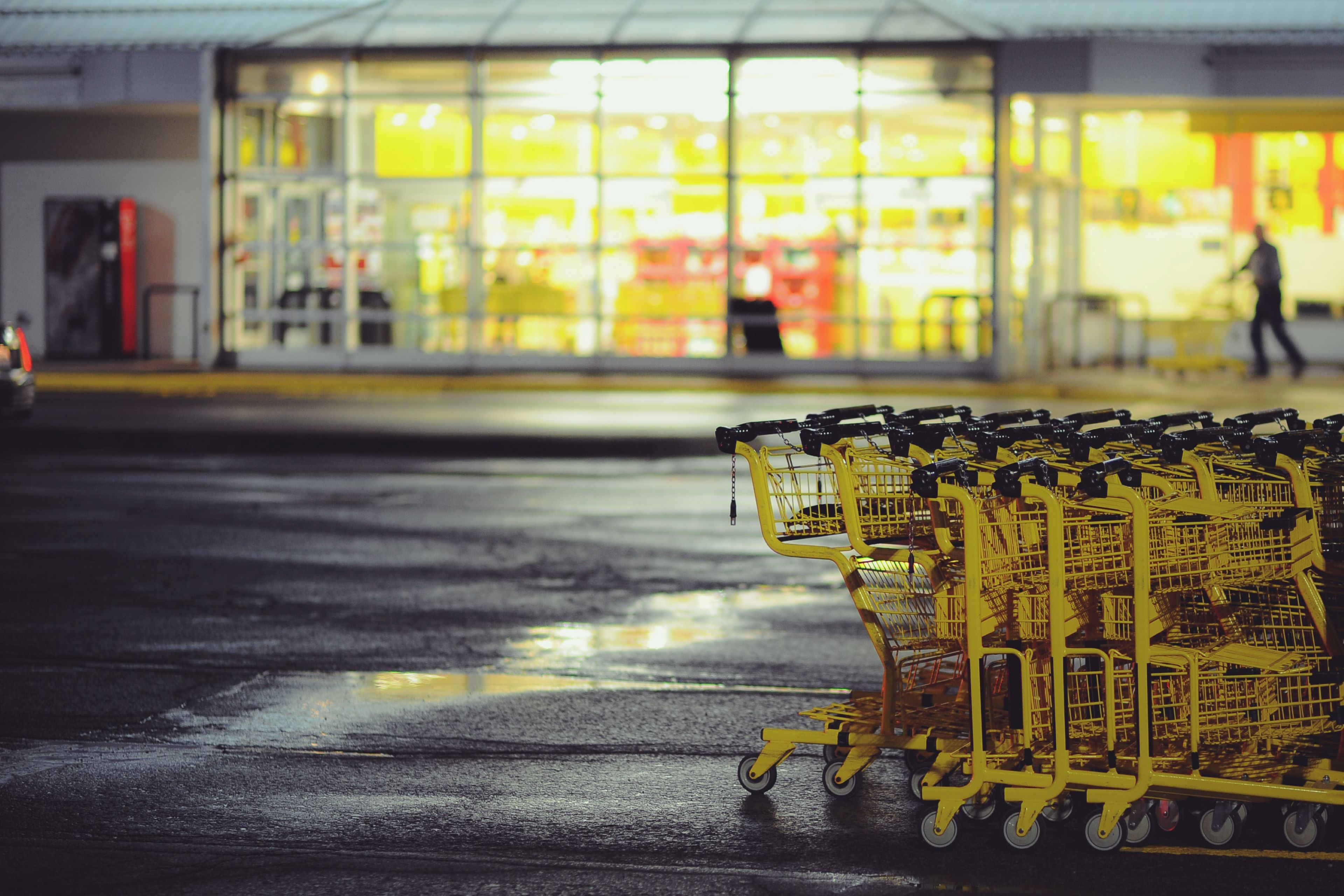The Covid-19 pandemic has changed the way most of us live and interact with each other and it also had an impact on consumption behaviour and patterns. The impact so far is examined in EY’s first edition of the Malta Future Consumer Survey.
Positively, although spending has decreased as a result of the pandemic, going forward the expectation is that people would revert to their previous consumption patterns. Consumers also expect technology to play a greater role in addressing their safety concerns and improve their overall customer journey. However, there remain high levels of anxiety for non-essential activities, which are expected to persist for a prolonged period until a return to normality.
Ronald Attard, EY Malta Country Managing Partner, said: “While some results may not come as a surprise, such as initial decreases in spending for non-essential items and increases for essential items, others provide Maltese businesses clearer indications of the behavioural changes that have been accelerated as a result of the Covid-19 pandemic. Organisations will need to transform their businesses to engage more effectively with the virtual customer seeking limited proximity. Pricing models, product portfolios, precision marketing campaigns and operational considerations around footprint will need to assessed with a different mindset altogether.”
Behavioural Changes
Current spending decreased for discretionary items and increased for non-discretionary items
As expected, there has been a significant decrease in current spending across various categories of discretionary items including vacations, clothing, sporting equipment, luxury items and out of home entertainment. On the other hand, increased spending has been registered for non-discretionary categories such as food items, groceries and household products. The extent of spending cuts was more pronounced for the segment of respondents (19%) who have a negative financial outlook over the next 12 months.
Spending by category is expected to return to normal Post-Covid-19
The forward-looking expectation of respondents is that, to a limited extent, there will be increased spending on vacations, mainly driven by people up to 40 years old, and respondents with a positive financial outlook, clothing and out of home entertainment. However, the general perception is that there will be a return to pre-Covid-19 levels of spending across all categories in the future once the pandemic is over. Affordability remains a concern though, with 67% of respondents indicating they will be cautious about their spending and 45% saying they will postpone major purchases.
No indication that previously purchased products and services will change in the long-term but younger respondents will purchase fewer physical items
There has been no material indication that respondents would permanently change the composition of products and services they purchase in the future. However, a significant segment of respondents has indicated several behaviours that may permanently change post Covid-19. The perceived extent of these changes is significantly more pronounced among the younger generation, and more generally, respondents up to 40 years old. 18% of respondents said they will own fewer physical items, suggesting that a segment of society may attach more importance towards 'experiences’.
Consumer concerns
Most are comfortable to conduct essential activities, but businesses must pay attention to high anxiety levels for non-essential activities
Most respondents across all age groups are generally comfortable to carry out essential activities connected with the acquisition of essential food items, personal care and work. Levels of anxiety increase across other non-essential activities such as shopping, going to restaurants, bars and pubs. More significant anxiety levels are perceived in activities involving schooling for children, vacations, and using public transport. This perception is stronger among people over 40 years old and health concerns remain high. Businesses need to create the right ecosystem to mitigate customers' anxiety levels and concerns.
Prolonged period expected until things go back to normal
Most respondents perceive a protracted period until various daily activities can return to normal, including aspects related to the return to personal financial stability where 45% of respondents expect challenges to take beyond several months to stabilise. Increasing levels of anxiety are noted in the time expected to return to normal for other important retail activities, including shopping, communication, and going to restaurants. Activities linked to leisure and travel attract the highest levels of concern.




